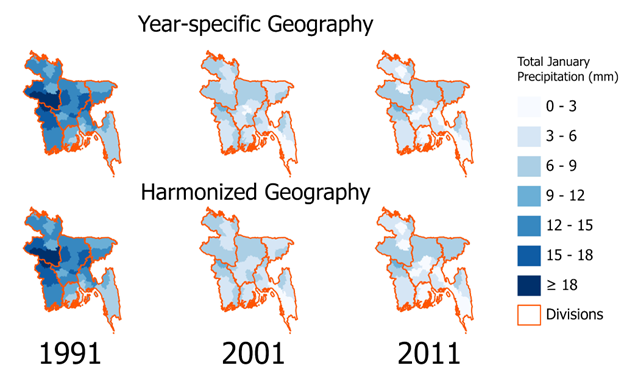By Anna Bolgrien
The newest IPUMS data collection, IPUMS MICS, has many similarities with other IPUMS microdata collections. However, there is one major difference: the IPUMS MICS Data Extract System only uses Stata.
Yes, you read that right. Users of IPUMS MICS must use Stata to open and create their customized data file.
Let’s start with how using IPUMS MICS is the same as using other IPUMS microdata collections.
If you are an IPUMS user, you will find the process of browsing the variables, looking at documentation, and adding samples to your data cart completely familiar. If you are not familiar with IPUMS, you can read more about browsing and selecting variables.
However, when you finish choosing variables and samples in IPUMS MICS and click “Create Extract,” things start to look different.
Normally, you could change the data format, but the only option currently available for IPUMS MICS is a .dat (fixed-width text) file format.


 IPUMS remains committed to regional and conference-based engagement. In May, we hosted a pre-conference workshop in conjunction with IAOS (International Association for Official Statistics) Conference in Livingstone, Zambia.
IPUMS remains committed to regional and conference-based engagement. In May, we hosted a pre-conference workshop in conjunction with IAOS (International Association for Official Statistics) Conference in Livingstone, Zambia.